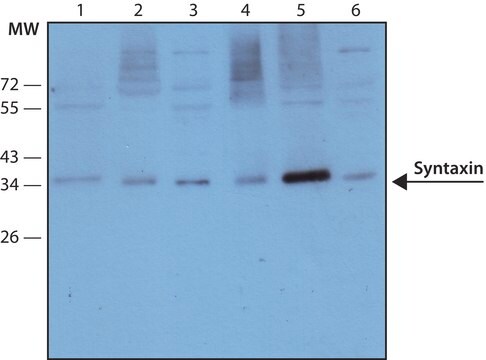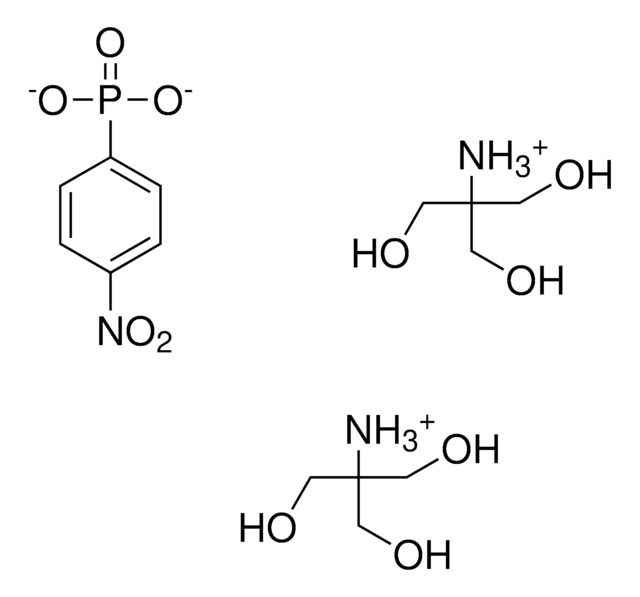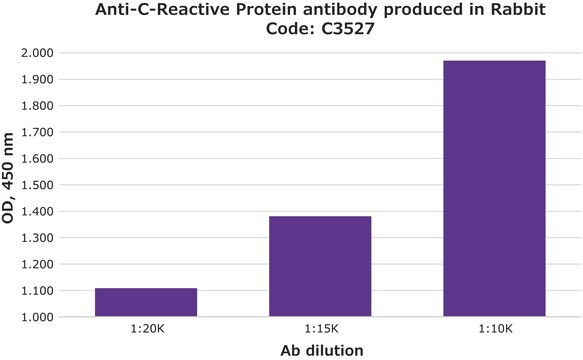E6405
Anti-Endothelial Cell Protein C Receptor antibody, Rat monoclonal
clone RCR-379, purified from hybridoma cell culture
Synonym(s):
Anti-EPCR, Monoclonal Anti-Endothelial Cell Protein C Receptor antibody produced in rat
About This Item
Recommended Products
biological source
rat
Quality Level
conjugate
unconjugated
antibody form
purified from hybridoma cell culture
antibody product type
primary antibodies
clone
RCR-379, monoclonal
form
buffered aqueous solution
species reactivity
human
technique(s)
flow cytometry: 5-20 μg/mL using HUVEC cells
isotype
IgG2a
UniProt accession no.
shipped in
dry ice
storage temp.
−20°C
target post-translational modification
unmodified
Gene Information
human ... PROCR(10544)
General description
Specificity
Immunogen
Application
Biochem/physiol Actions
Physical form
Storage and Stability
Disclaimer
Not finding the right product?
Try our Product Selector Tool.
Storage Class Code
10 - Combustible liquids
WGK
WGK 2
Flash Point(F)
Not applicable
Flash Point(C)
Not applicable
Personal Protective Equipment
Certificates of Analysis (COA)
Search for Certificates of Analysis (COA) by entering the products Lot/Batch Number. Lot and Batch Numbers can be found on a product’s label following the words ‘Lot’ or ‘Batch’.
Already Own This Product?
Find documentation for the products that you have recently purchased in the Document Library.
Our team of scientists has experience in all areas of research including Life Science, Material Science, Chemical Synthesis, Chromatography, Analytical and many others.
Contact Technical Service








